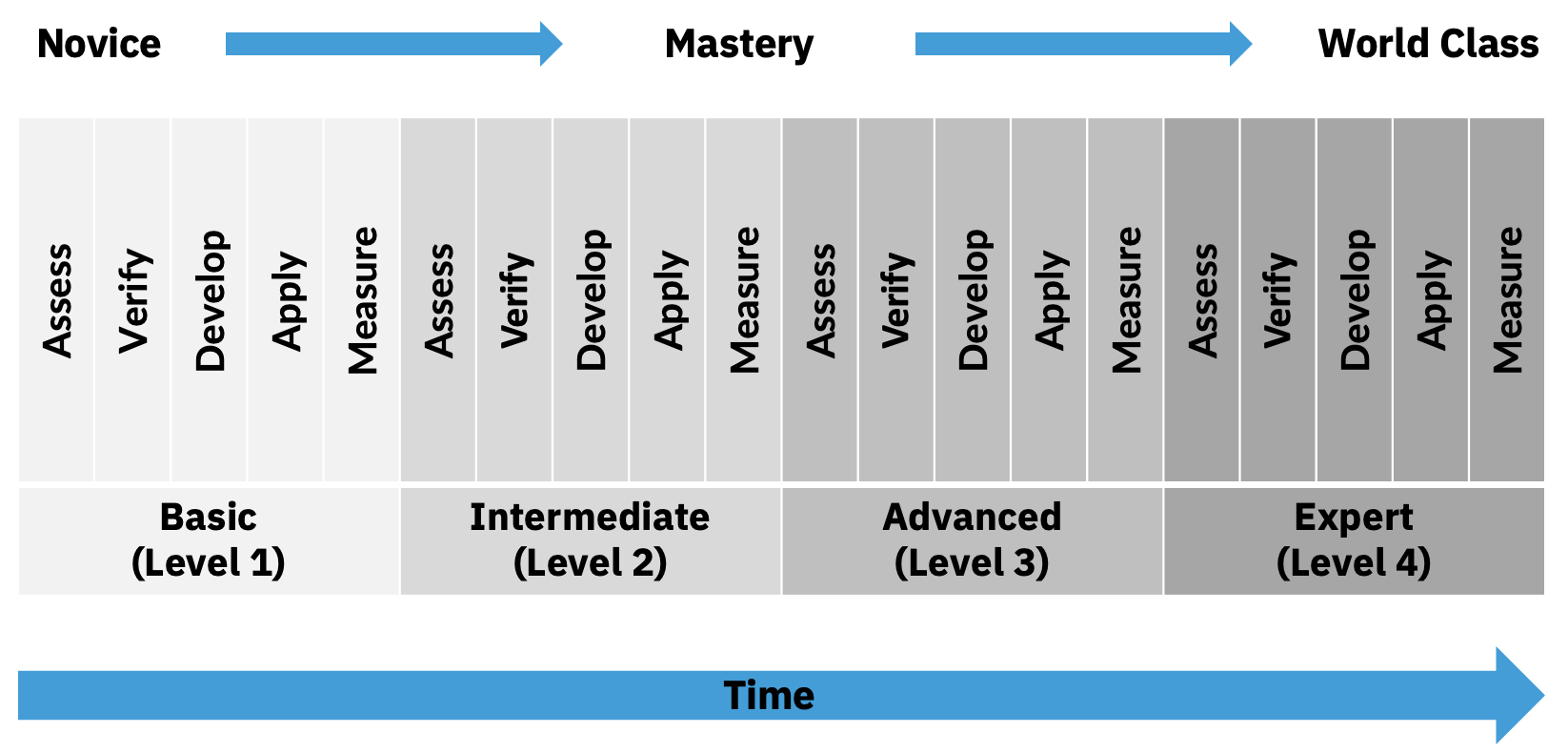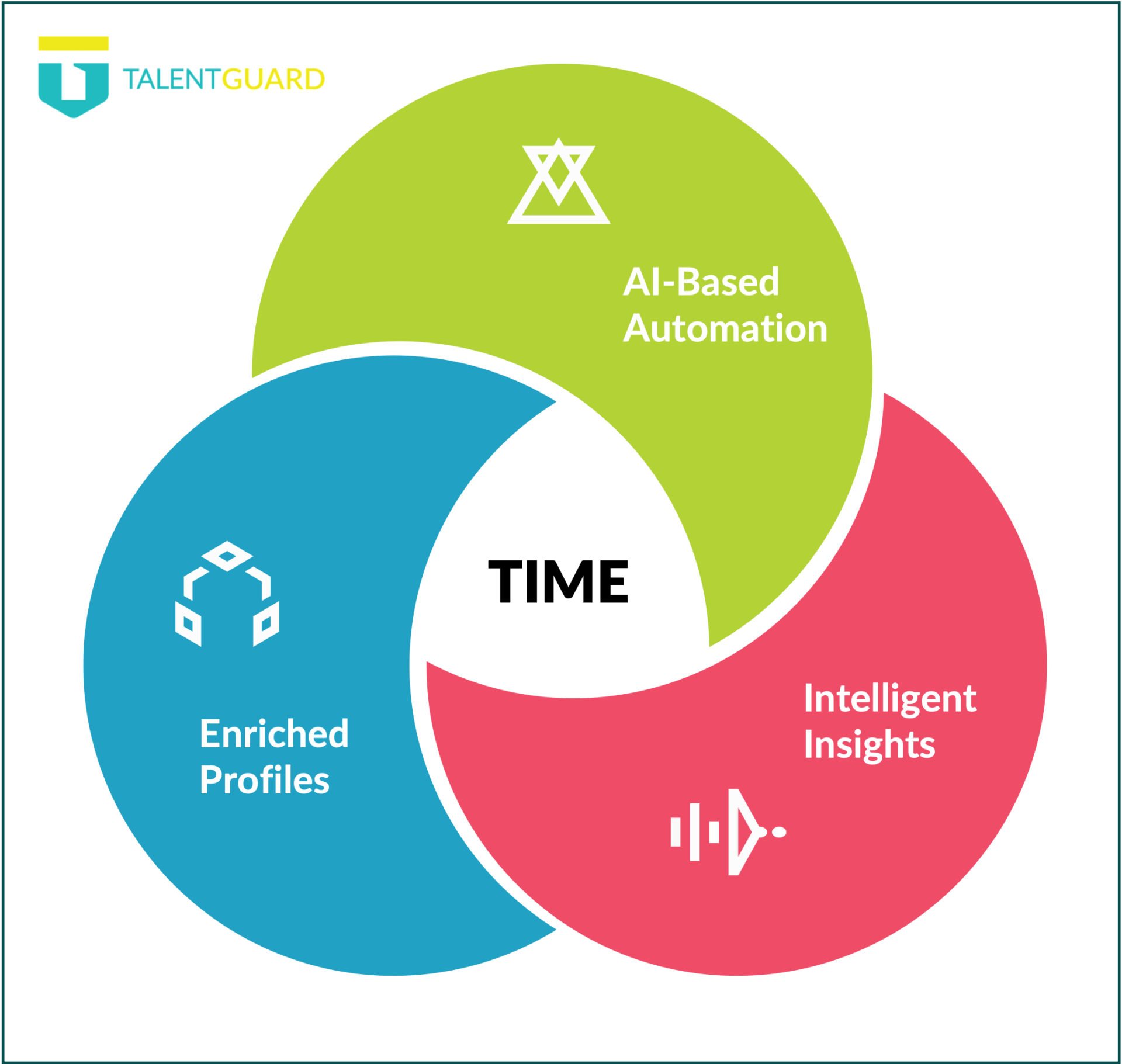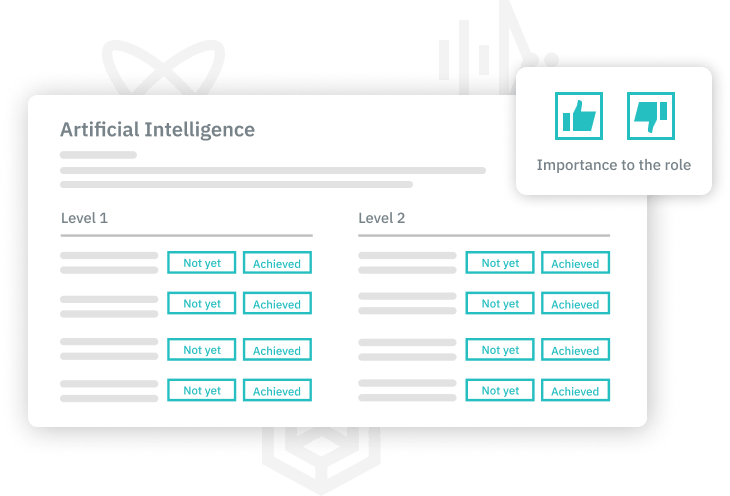Importance of Skills Evolution Tracking
![]()
Importance of Skills Evolution Tracking
In a dynamic business environment where change is the only constant, organizations must be equipped to adapt swiftly to evolving market demands. One of the most critical aspects of staying competitive lies in how organizations manage talent, particularly by ensuring that employee skills evolve in sync with industry needs. This has given rise to a powerful new approach in talent management: skills evolution tracking. This practice goes beyond traditional assessments, capturing a continuous and detailed view of employees’ skills as they develop throughout their careers. By adopting skills evolution tracking, organizations can future-proof their workforce, keeping it agile, competent, and ready for emerging challenges.
What Is Skills Evolution Tracking?
Skills evolution tracking is the practice of monitoring and analyzing an employee’s skill development and proficiency over time. Unlike traditional performance evaluations or annual reviews, this approach continuously updates an employee’s skills profile, allowing organizations to maintain a dynamic and comprehensive view of their capabilities. Through ongoing assessments, employees move through stages of proficiency, advancing from novice to expert and, in some cases, to world-class mastery. This method doesn’t just provide a snapshot of skills; it maps out an employee’s growth trajectory, identifying both legacy skills—those foundational skills that remain relevant over time—and new skills that align with shifting market demands.
This approach provides a structured pathway for tracking skill development, verifying proficiency levels, and continuously enhancing employees’ capabilities. Skills evolution tracking is not a static process but a fluid cycle that evolves with the individual. This approach aligns employees’ growth with organizational goals and industry trends, ensuring a workforce that can keep up with rapid technological and market shifts.
The Lasting Value of Legacy Skills
Legacy skills are the core competencies and knowledge that employees bring with them throughout their careers. These foundational skills serve as a benchmark for an employee’s professional identity and provide continuity, especially as they transition between roles, projects, or even companies. Recognizing and tracking these legacy skills is essential for several reasons.
First, legacy skills help maintain consistency in performance and productivity across an employee’s career. When employees move into new roles, the retention of these essential skills enables them to adapt quickly, reducing ramp-up time. For organizations, this continuity is invaluable, as it allows employees to transition smoothly and apply existing expertise even in unfamiliar settings. Furthermore, the ability to retain and leverage legacy skills fosters career mobility within the organization. As employees expand their competencies, they become eligible for a broader range of roles, which promotes internal mobility and enhances retention by offering career progression opportunities without the need to change employers.
In addition, tracking legacy skills enables managers to make more informed decisions about how best to allocate talent across projects. With a clear understanding of each employee’s strengths, managers can match individuals to tasks that align with their abilities, optimizing productivity and job satisfaction. This thoughtful alignment not only enhances individual performance but also drives organizational success by leveraging the unique strengths of each team member.
Anticipating Future Needs with Proactive Recommendations
One of the most significant advantages of skills evolution tracking is its capacity to generate proactive recommendations based on emerging trends and anticipated market demands. By analyzing current skill sets and forecasting future needs, organizations can identify skill gaps well in advance, enabling them to implement targeted training and development programs before those gaps become critical issues. This proactive approach gives organizations a competitive edge, allowing them to prepare for changes in the market and build a resilient, future-ready workforce.
For instance, if an organization identifies a growing demand for data analytics skills within its industry, it can begin developing these competencies among its employees ahead of time. By tracking the evolution of employees’ skills, organizations can not only address current gaps but also anticipate the skills that will be in demand in the future. This foresight is invaluable in maintaining a workforce that is adaptable and prepared for whatever changes lie ahead.
Moreover, skills evolution tracking allows for the creation of customized learning paths for each employee. Based on their current skill level and targeted future competencies, employees receive development plans that are tailored to their unique needs. This personalized approach ensures that employees acquire the right skills at the right time, enhancing their relevance and value within the organization. With personalized learning paths, employees can continuously build on their skills, ensuring they are well-equipped to take on new challenges as their roles and responsibilities evolve.
The Cyclical Process of Skills Evolution

The process of skills evolution is inherently cyclical and involves several distinct stages that ensure continuous development. The first step is assessment, where an employee’s current skill level is evaluated. This is followed by a verification phase, where subject matter experts or managers confirm the employee’s proficiency. Once verified, employees move to the development stage, where they undergo hyper-personalized training designed to address specific gaps in their skillset. After training, the application phase allows employees to apply their skills in real-world scenarios, gaining practical experience that reinforces their learning. Finally, the measurement phase assesses the employee’s growth, providing feedback and insights that help them progress further.
As employees advance through these stages, they reach new levels of proficiency, eventually achieving mastery. This continuous development cycle not only benefits individual employees by enhancing their skills but also contributes to the organization’s overall talent pool. By guiding employees through structured stages of growth, skills evolution tracking ensures that they are always moving forward, adapting to changes in the organization and the broader market.
The Organizational Benefits of Skills Evolution Tracking
For organizations, skills evolution tracking offers substantial strategic advantages. One of the most valuable outcomes is the enhancement of strategic workforce planning. By maintaining an up-to-date picture of the skills within the organization, HR teams can make informed decisions about hiring, training, and succession planning. This data-driven approach to workforce planning ensures that the right skills are available at the right time, supporting business goals and preparing the organization for future challenges.
In addition to workforce planning, skills evolution tracking strengthens an organization’s competitiveness. As market conditions change, organizations need to be able to pivot quickly, adapting their workforce to meet new demands. Skills evolution tracking facilitates this agility by keeping employees’ competencies aligned with the latest industry trends. Organizations that invest in this continuous skill development are better positioned to seize new opportunities and stay ahead of competitors who may struggle to keep up.
Furthermore, by offering employees clear development paths, skills evolution tracking improves talent retention. Employees are more likely to stay with an organization that invests in their growth and provides tangible opportunities for advancement. This investment in employee development fosters loyalty and engagement, reducing turnover and building a committed workforce that is aligned with the organization’s long-term vision.
The Employee Perspective: Career Growth, Engagement, and Confidence
Skills evolution tracking benefits employees just as much as it does organizations. From an employee’s perspective, the practice offers a clear pathway for career growth. With continuous tracking and hyper-personalized development plans, employees can take an active role in shaping their careers. This sense of agency and control over their development journey increases motivation and engagement, as employees feel that their efforts are recognized and that their growth is valued.
Employees also experience increased engagement when they see that the organization is invested in their professional future. Skills evolution tracking not only provides a roadmap for advancement but also fosters a culture of continuous learning and improvement. This culture is critical in today’s rapidly changing job market, where employees need to constantly update their skills to stay relevant. Knowing that their skills are aligned with industry trends gives employees confidence that they are prepared for future challenges, both within the organization and beyond.
Another significant benefit for employees is the assurance that their skills remain relevant. In an era where technological advancements can render certain competencies obsolete, employees are often concerned about the longevity of their skills. Skills evolution tracking addresses this concern by continuously updating employees’ competencies and aligning them with market needs. This proactive approach gives employees the confidence that their skills are valuable and applicable, regardless of shifts in their industry.
Embracing Skills Evolution Tracking as a Strategic Imperative
Skills evolution tracking is not just an innovative HR practice; it is a strategic imperative for organizations committed to thriving in a rapidly changing market. By continuously monitoring and evolving skills, organizations can proactively prepare their workforce for future demands, optimize talent utilization, and foster a culture that values growth and adaptability. For employees, this approach provides a clear pathway for career growth, ensuring that they remain engaged, motivated, and confident in their professional relevance.
Incorporating skills evolution tracking into a talent management strategy is a forward-thinking approach that promises long-term benefits for both organizations and employees. It enables organizations to stay competitive, supports employees in navigating their career paths with confidence, and builds a resilient workforce that can meet the demands of an unpredictable future. By embracing this practice, companies can unlock the full potential of their workforce, fostering an environment where employees and the organization grow together.
For organizations interested in implementing skills evolution tracking, TalentGuard’s Workforce Intelligence Platform provides the tools needed to make this vision a reality. Through continuous assessment, personalized development plans, and data-driven insights, TalentGuard can help your organization build a future-ready workforce. If you’re ready to explore the possibilities, schedule a call or book a demo to see how skills evolution tracking can transform your talent management strategy and drive your organization’s success.
If you want to learn more about our Workforce Intelligence Platform and the importance of skills evolution tracking, schedule a call or book a demo with us.
See a preview of TalentGuard’s platform
Talent Management Challenges faced by Leaders
Leaders face critical talent management challenges globally. Key issues, such as bridging skills gaps, maintaining high levels of employee engagement and retention, and making data-driven decisions, are more pressing than ever. As a leader, you may find that traditional talent management tools and processes struggle to keep up with these demands. The right approach to […]
Importance of a Standardized Taxonomy
The importance of a standardized taxonomy is crucial in shaping effective talent management within an organization. This structured framework offers a consistent way to define and categorize job roles, skills, and competencies across departments, providing a common language and aligning employees and leadership with clear expectations. When implemented effectively, a standardized taxonomy enhances talent development, recruitment, […]
Implementing Career Path Initiatives
Implementing career path initiatives has become a top priority for organizations seeking to retain and develop talent. These initiatives help companies provide clear growth pathways for employees, which, in turn, boosts engagement and reduces turnover. However, the success of such programs relies heavily on having accurate, structured data on skills and jobs. Unfortunately, many organizations […]



